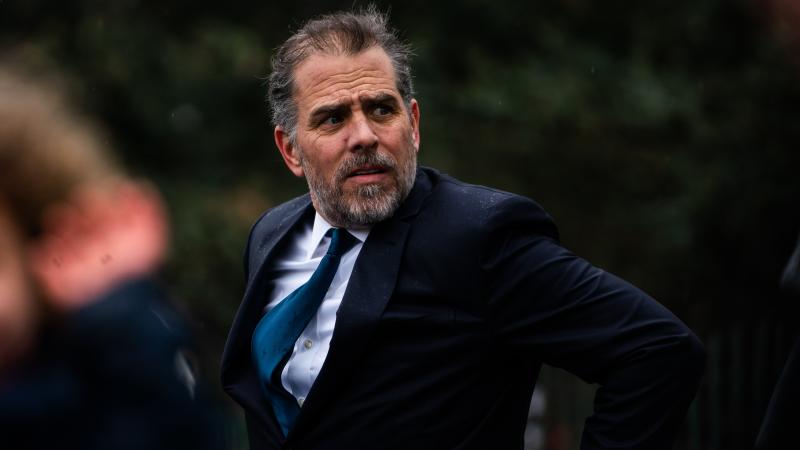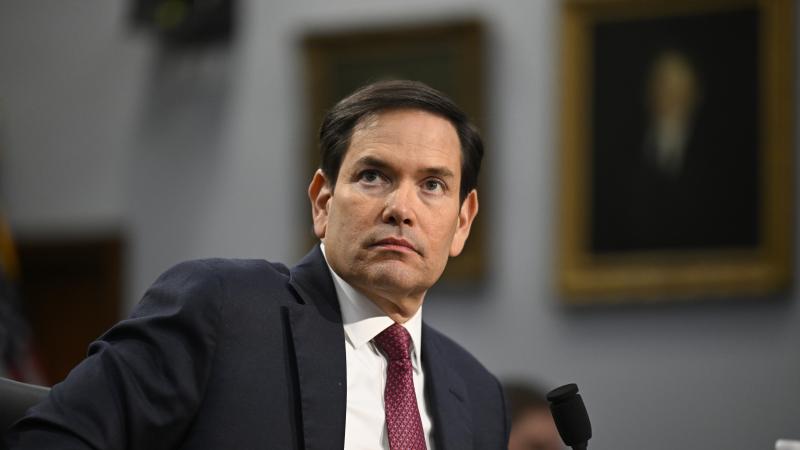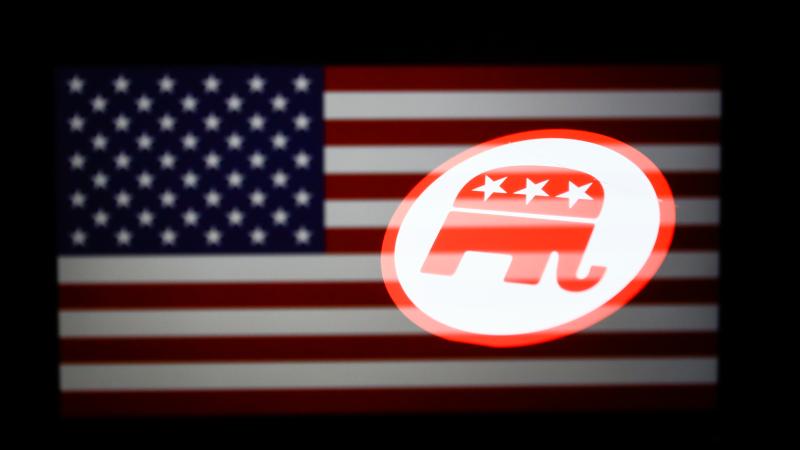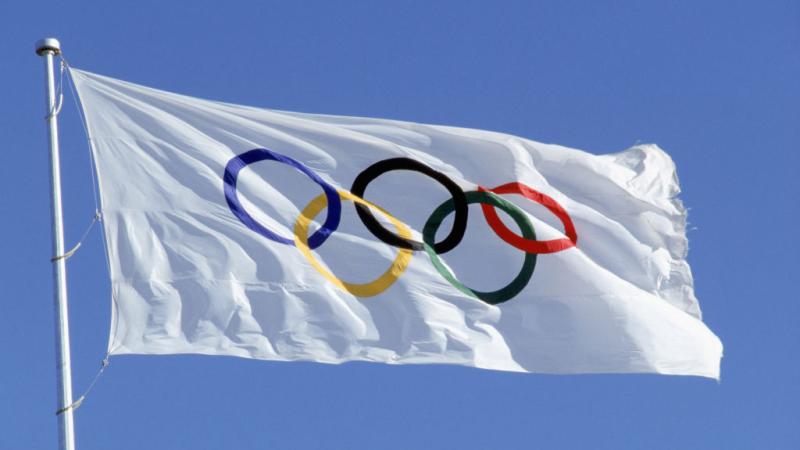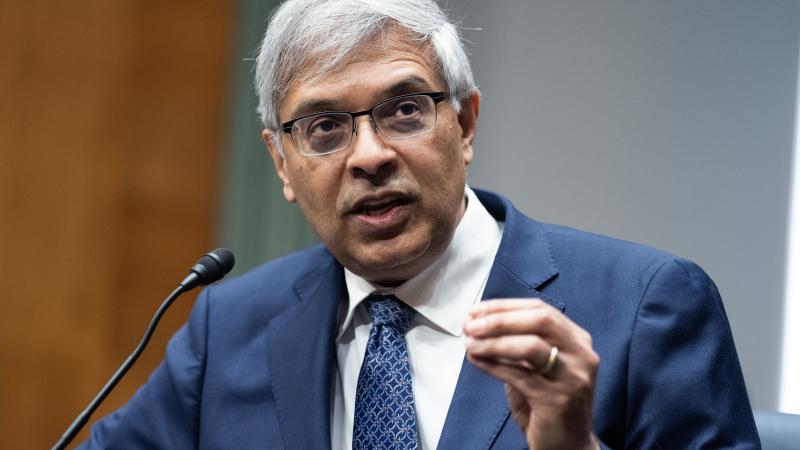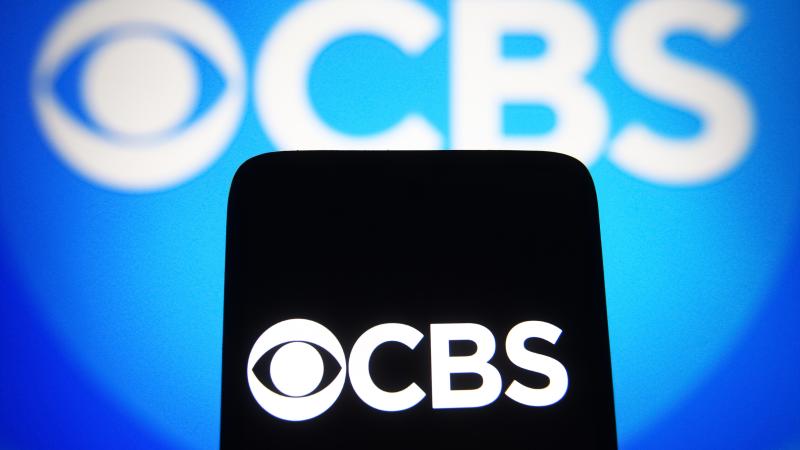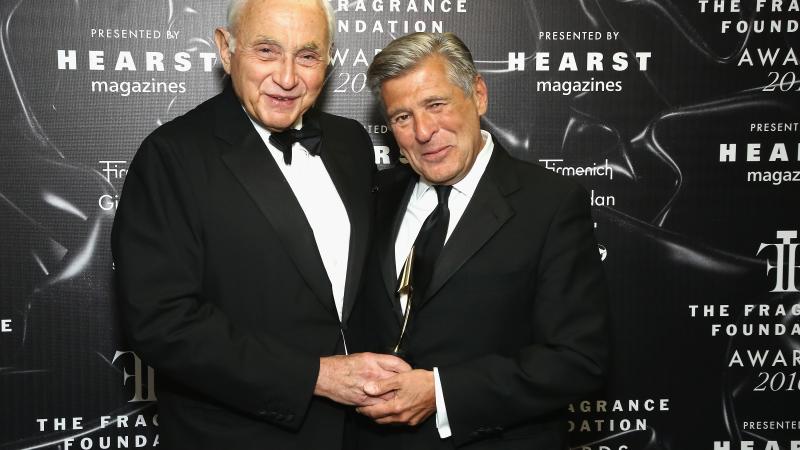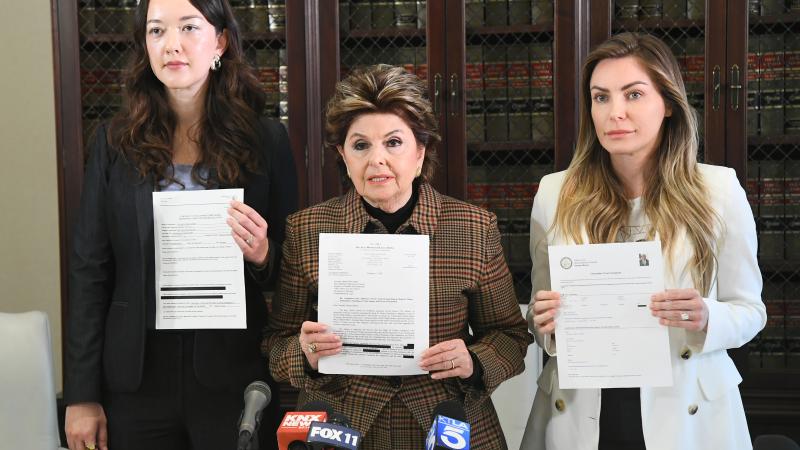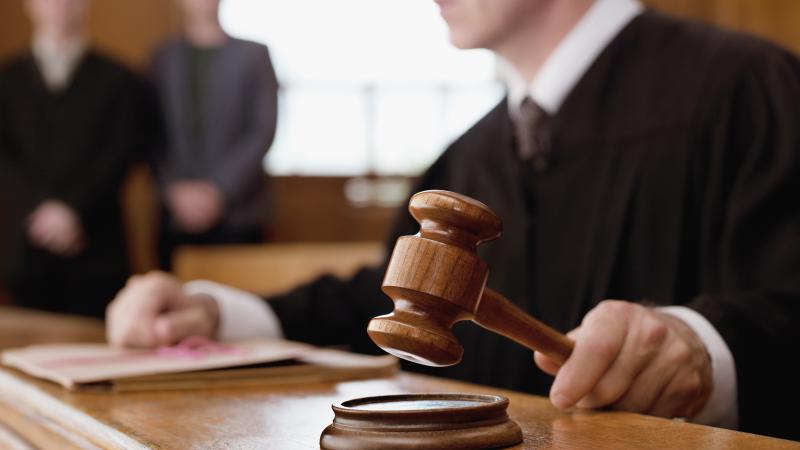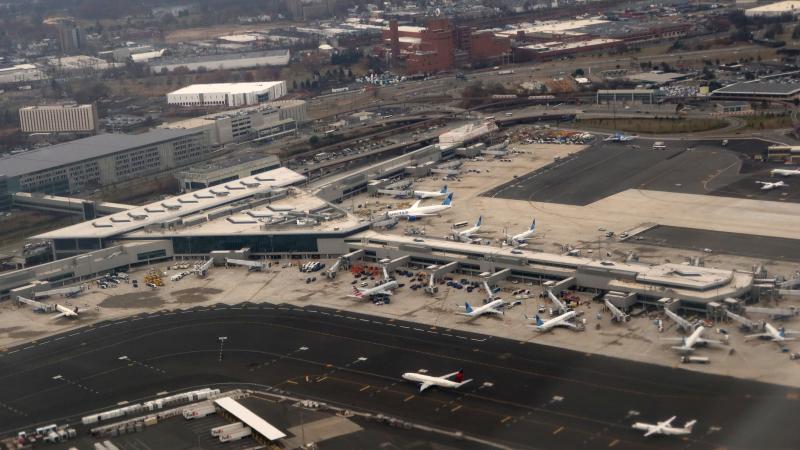State Department reported Burisma paid bribe while Hunter Biden served on board, memos show
State, DOJ officials reported to FBI concerns Ukraine gas firm made bribe to local prosecutors while under corruption investigation.
Just eight months after Vice President Joe Biden's son Hunter joined the board of Burisma Holdings, U.S. officials in Kiev developed evidence that the Ukrainian gas company may have paid a $7 million bribe to the local prosecutors investigating the firm for corruption, according to interviews and State Department memos.
State officials believed the alleged bribe was paid between May and December 2014 and got confirmation from one prosecutor. They argued the bribe amounted to a "gross miscarriage of justice that undermined months of US assistance" to fight corruption in Ukraine, contemporaneous memos show.
The concerns were eventually reported to the FBI, although it is not clear whether the allegations were ever investigated more fully, according to current and former U.S. and Ukrainian government officials.
The anecdote, buried in five-year-old diplomatic files, provides a fresh illustration of the awkward, uncomfortable conflict of interest State officials perceived as they tried to fight pervasive corruption in Ukraine under Joe Biden's leadership while the vice president's son collected large payments as a board member for an energy firm widely viewed as corrupt.
The concerns first came to a head in January 2015, the memos show, about eight months after Hunter Biden was named to Burisma's board and after two major corruption investigations — one in Ukraine and the other in Britain — were opened against the gas firm.
George Kent, then a State Department official newly sent to the U.S. embassy in Kiev to lead anti-corruption efforts, was concerned the bribery allegations surrounding Prosecutor General Vitaly Yarema were credible enough that he sought a meeting with one of Yarema's deputies to demand action, according to State Department memos.
His concern was triggered when Yarema took action over the Christmas 2014 holidays to undercut both the British and Ukraine investigations of Burisma and its founder Mykola Zlochevsky, and the U.S. embassy received word a $7 million bribe had changed hands, State memos show.
The Feb. 3, 2015 meeting involved Kent, one of Yarema's top deputies, Anatoliy Danylenko, as well as the DOJ's liaison in Ukraine, Jeffrey Cole, memos show. It was arranged by Andrii Telizhenko, an English-speaking mid-level Ukrainian government official long trusted by the Obama administration in Kiev and Washington to facilitate contacts between the two countries.
"No problem, works for us. I'll get you the names soonest. Likely George and Jeff Cole. Will confirm later," U.S. embassy official Gregory W. Pfleger wrote Telizhenko in a lengthy Jan. 31, 2015 email chain that arranged the location, date and attendees for the meeting for three days later.
Pfleger had forwarded Kent's resume to the Ukrainians since he was new to the embassy, and Telizhenko reciprocated by forwarding a biography for Danylenko, the memos show.
File
U.S. officials familiar with the meeting, as well as one eyewitness, told Just the News that Kent strongly confronted Danylenko, insisting the U.S. had strong reason to believe that Burisma officials made a multimillion dollar bribe to Yarema's office between May 2014 when Hunter Biden joined the board and December 2014.
Danylenko was taken aback by the ferocity of the accusation and even offered his cell phone to the U.S. officials to show that while he had contact information for Burisma founder Mykola Zlochevsky there was no evidence the two had had any recent contact, according to the eyewitness,
A few days after the meeting, Yarema abruptly stepped down Feb. 10, 2015 as the chief prosecutor of Ukraine after just a few months in the job.
Telizhenko wrote the U.S. embassy that Yarema would be seeking another job in the Cabinet of the Ukrainian President Petro Poroshenko.
"Mr. Yarema might go back to Cabinet of Ministers. He did not accept the post of Governor of Kyiv region," Telizhenko wrote in a Feb. 13, 2015 email offering Pfleger insights on the sudden changes in the Ukraine government.
U.S. officials familiar with the episode said Kent asked Cole, the DOJ official in the U.S. embassy in Kiev, to refer the evidence about the alleged Yarema bribe to the FBI.
State and FBI officials did not respond to a request for comment, nor did a lawyer for Hunter Biden.
A year later, when Yarema sought to travel to the United States in an effort to resurrect his reputation, Kent sent a detailed email to senior State official William Taylor and former U.S. Ambassador to Ukraine John Herbst laying out the alleged bribery scheme and the anger it generated amongst U.S. officials who had pressed Ukraine to prosecute Burisma and Zlochevsky for corruption.
"After the FBI and MI-5 spent months and arguably millions working to try to put together the first possible asset recovery case against former Minister of Ecology Zlochevsky involving $23 million frozen in UK accounts under suspicion of bribes paid for the licenses issued for gas oil permits ... Team Yarema closed the case against Zlochevsky in December 2014 just before western Christmas day,” Kent wrote his colleagues.
"When I met with Yarema's right hand man, the jovially corpulent first deputy PG Danylenko six weeks later during the first week of February 2015, I asked him bluntly how much was the bribe and who took it," Kent added. "Danylenko cheerfully replied: 'That's exactly what President Poroshenko asked us last month. I told him $7 million, and it was last May before our team came into office in June 2014.'
"He then said that he'd been a friend of Zlochevsky for 20 years had his number saved in his phone, could tell me that Zlochevsky was in Dubai at present and asked if I wish to talk to him to confirm the details. I declined, and politely reminded him that the PG letter closing the case was issued in late December more than six months after Team Yarema came into office which means it was Yurema, Danylenko and Co. who were responsible for the outrage."
The memos discussing the alleged bribe make no mention of Hunter Biden or his role on the board, though other memos show Kent and his bosses in Kiev and Washington were acutely aware of the vice president's son's role in the company.
During last year's impeachment proceedings, Kent testified he believed the Bidens' dealings in Ukraine created a prohibited appearance of a conflict of interest for the U.S. government and that in spring 2015, shortly after the bribery concerns surfaced, he tried to raise the conflict issue with the vice president's office but was rebuffed.
Kent would later take action to end a State Department relationship with Burisma through a USAID clean energy program because he continued to believe Burisma was corrupt and should not be dealing with the U.S. government. One memo detailing Kent's effort discussed the potential reputational harm Burisma could create for State and USAID.
U.S. officials said the Yarema bribery allegation was sensitive for another reason. Just weeks before the Burisma bribery allegations surfaced, the prosecutor general had tried to arrange a personal meeting with Joe Biden.
"I am writing to request an official meeting for the Prosecutor General of Ukraine Mr. Yarema and Vice-President of the United States of America Mr. Biden," Telizhenko wrote on Nov. 10, 2014 to U.S.embassy political officer Allen Purcell. "To discuss the issues of Deportation agreement between Ukraine and the United States of America. The return of stolen assets of Mr. Lazarenko."
The meeting did not get arranged because of scheduling conflicts, but U.S. officials later worried Yarema might have sought to raise the Burisma probe with the vice president because of Hunter Biden's connections, according to interviews.
The Facts Inside Our Reporter's Notebook
Documents
File
